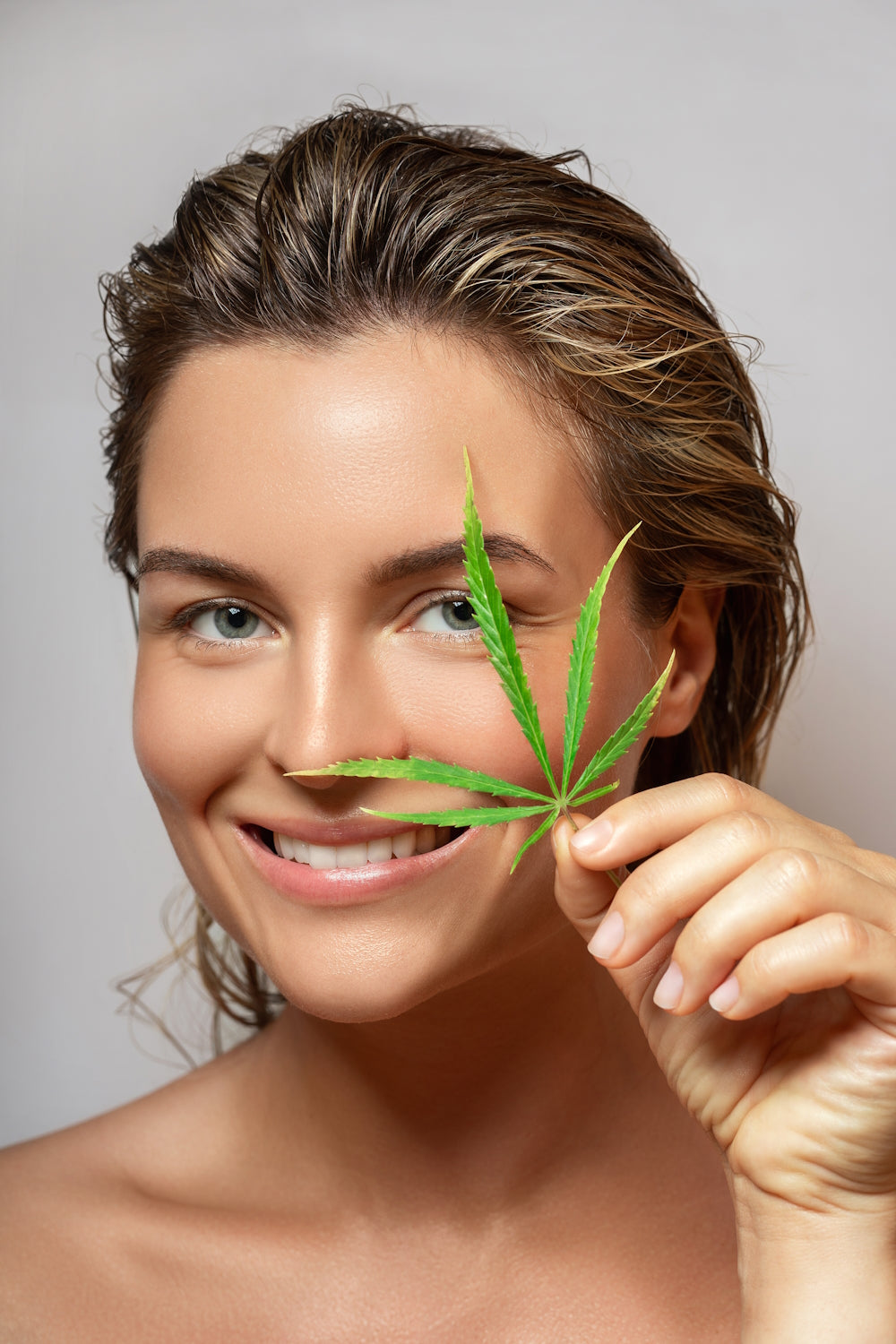
The Basics about CBD
Understanding CBD: What It Is and How It Works
What is CBD?
CBD, short for cannabidiol, is a natural compound found in cannabis plants, including hemp and marijuana. Unlike THC (tetrahydrocannabinol), the main psychoactive compound in marijuana, CBD does not cause a "high." Instead, it is widely used for its potential health benefits, including reducing anxiety, relieving pain, and improving sleep quality.
How Does CBD Work? The Endocannabinoid System
CBD interacts with the body's endocannabinoid system (ECS), which helps regulate important functions like mood, pain perception, immune response, and sleep. The ECS consists of receptors (CB1 and CB2), endocannabinoids (natural chemicals produced by the body), and enzymes that break down these chemicals.
CB1 receptors are mostly found in the brain and nervous system, influencing mood, pain, and appetite.
CB2 receptors are more common in the immune system and help with inflammation and immune responses.
Unlike THC, which directly binds to CB1 receptors and causes psychoactive effects, CBD works by influencing these receptors indirectly, promoting balance in the body without intoxication.
Types of CBD: Full Spectrum, Broad Spectrum, and Isolate
CBD comes in three main forms, each with different effects and uses:
1. Full Spectrum CBD
- Contains all the natural compounds in the cannabis plant, including CBD, terpenes, and a small amount of THC (less than 0.3%)
- Known for the "entourage effect," where the compounds work together for enhanced benefits.
- Best for people looking for the full potential of hemp, including mild THC benefits.
- Used for chronic pain, anxiety, and overall wellness.
2. Broad Spectrum CBD
- Similar to full spectrum but with the THC removed.
- Still provides the entourage effect without any psychoactive risk.
- A great option for those who want CBD's benefits, but need to avoid THC (such as those undergoing drug testing).
- Used for pain relief, relaxation and inflammation.
3. CBD Isolate
- Pure CBD with no other compounds.
- Ideal for individuals who want CBD only without any trace of THC or other cannabinoids.
- Often used for precise dosing and in products like CBD capsules, powders, and topical creams.
- Used for stress relief, sleep and inflammation.
Is CBD Legal?
The legality of CBD depends on its source:
Hemp-derived CBD (with less than 0.3% THC) is legal in most parts of the U.S. under the 2018 Farm Bill.
Marijuana-derived CBD (with higher THC levels) is only legal in states where marijuana is permitted for medical or recreational use.
Always check local laws, as some states have restrictions on CBD products.
Is CBD Safe?
CBD is generally considered safe by health organizations like the World Health Organization (WHO). However, some people may experience mild side effects, such as:
- Dry mouth
- Drowsiness
- Changes in appetite
Possible interactions with medications (such as blood thinners)
It’s always best to consult a doctor before starting CBD, especially if you are taking other medications.
What is CBD Used For?
CBD is widely used for various health concerns, including:
Pain Relief – May help with chronic pain and inflammation (Russo, 2008).
Anxiety & Stress – Can promote relaxation and reduce anxiety symptoms (Blessing et al., 2015).
Sleep Disorders – May improve sleep quality in people with insomnia.
Epilepsy – The FDA has approved Epidiolex, a CBD-based drug, for treating epilepsy.
Skin Health – Used in skincare for its anti-inflammatory and soothing properties.
Conclusion
CBD is a natural compound with a wide range of potential benefits. Understanding the different types of CBD—full spectrum, broad spectrum, and isolate—can help you choose the right product for your needs. While generally safe, it’s important to check legality in your area and consult with a healthcare provider if you have concerns. With growing research, CBD continues to gain popularity as a natural option for wellness and health.
References:
Russo, E. B. (2008). Cannabinoids in the management of difficult to treat pain. Therapeutics and Clinical Risk Management, 4(1), 245–259.
Blessing, E. M., et al. (2015). Cannabidiol as a potential treatment for anxiety disorders. Neurotherapeutics, 12(4), 825-836.
